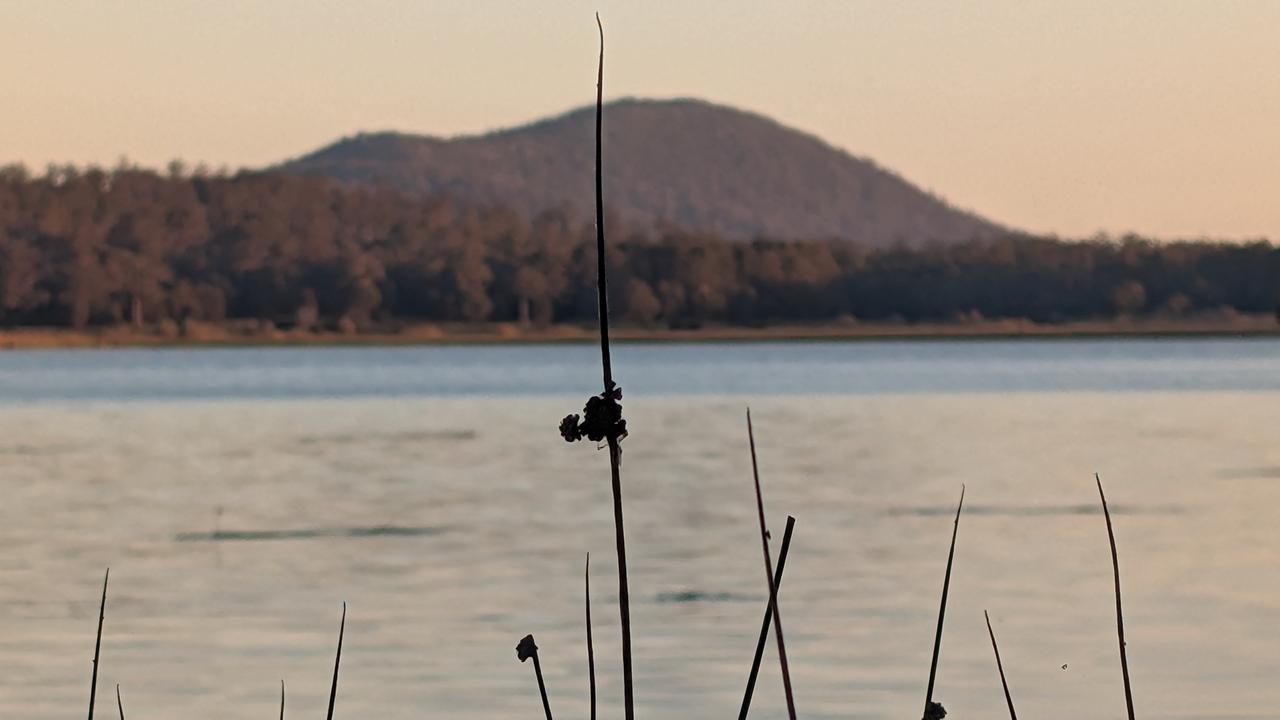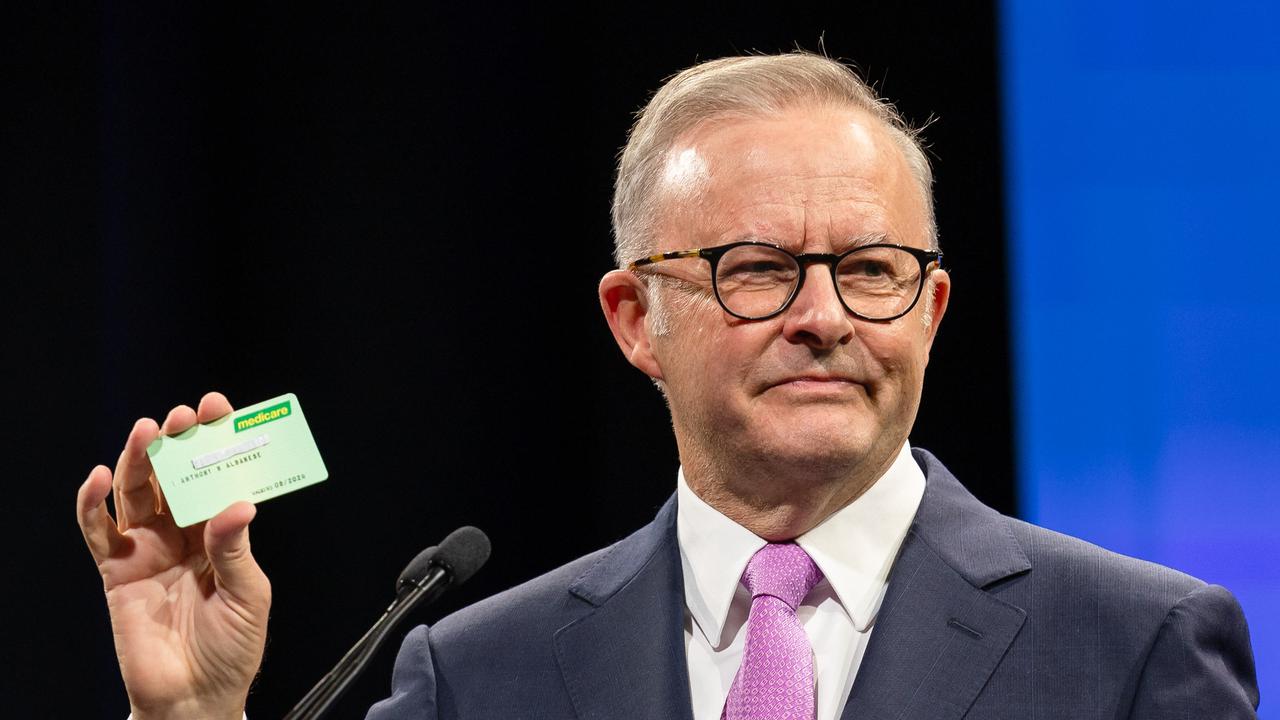Talking Point: It’s a new way to see the world
LUKE MARTIN: Anyone who thinks Airbnb is the enemy of the Tasmanian tourism industry, or that we somehow want it to go away, does not understand the issue.

Opinion
Don't miss out on the headlines from Opinion. Followed categories will be added to My News.
AIRBNB is an outstanding service for small Tasmanian accommodation operators.
It is a highly cost-effective way to generate room nights by removing the middleman between the proprietor and the customer. It also facilitates hosted homestays and the less conventional accommodation options to take their place in a vibrant market.
A scan of Airbnb listings in Tasmania will show literally dozens and dozens of our leading, tourism-accredited and 100 per cent legitimate self-contained and hosted accommodate operators using the service. By their own numbers, Airbnb generates about 10 per cent of all commercial visitor accommodation in the state.
MORE: THERE’S A STRANGER IN MY SPARE BED
Anyone who thinks Airbnb is the enemy of the Tasmanian tourism industry, or that we somehow want it to go away, either does not understand the issues, or is choosing to misrepresent the practical implications of what is a permanent and significant expansion of the accommodation market.
What the proliferation of Airbnb and similar online accommodation services has done is encourage a swag of new players to enter our accommodation sector. But it has also exposed outdated land use planning and regulatory frameworks for short-term accommodation in Tasmania.
MORE: HOTEL INDUSTRY BOSS CRITICISES UNREGULATED ROOMS
This is not a uniquely local issue. From Sydney to New York to Berlin and Paris, governments and planning authorities are grappling with how to strike the right balance in responding to this global shift in the short-term visitor accommodation market while maintaining the integrity of basic land-use planning and consumer protection frameworks.
In New York, for example, there have been examples of rent-controlled residential housing blocks becoming illegal Airbnb hotels, with enterprising landlords realising they can generate much better returns out of unregulated short-term visitor accommodation than regulated residential rent. Reports say the disruption caused has not affected the local commercial accommodation market nearly as much as housing affordability.
In Europe there have been reports of illegally converted apartment blocks slapped together to make a quick buck without the most basic of consumer safeguards, such as fire escapes.
Anyone who thinks Airbnb is the enemy of the Tasmanian tourism industry, or that we somehow want it to go away, either does not understand the issues, or is choosing to misrepresent the practical implications of what is a permanent and significant expansion of the accommodation market.
In Tasmania, the examples are not nearly as dramatic, but we do know of suburban homes in Hobart today that are essentially operating as busy guesthouses and backpackers. We also know the University of Tasmania is struggling to secure enough rentals for international students coming into Tasmania to study because the rental market in Hobart has shifted so heavily to visitor accommodation.
So the challenge for our government, councils and land-use managers is to effectively respond to the Airbnb phenomenon and the market shifts it has facilitated, while maintaining the integrity of the land-use planning and regulatory frameworks we all live within.
What seems to have been lost in much of the commentary over recent weeks is that the State Government’s proposed response has been to relax the requirements on Airbnb operators, and not impose anything new on anyone.
In Tasmania, if your home or property is listed on Airbnb, or in a classified ad, or just simply a sandwich board on the front lawn offering rental as short-term commercial accommodation, you almost certainly require a permit from your local council.
MORE: AIRBNB, STAYZ RALLY AGAINST ‘DRACONIAN’ RESTRICTIONS
Those who do not have a permit are likely operating illegitimate accommodation businesses under their local planning scheme. This put them at risk of falling foul of their local council on the basis of a complaint from their neighbour, a guest, or another operator. It is also highly unlikely they will have adequate insurance cover for their guests in case something goes wrong.
It is silly to expect a Tasmanian family who wish to simply rent out their shack over Easter or who see an opportunity to make a few dollars from their backyard granny flat over the peak summer visitor period to go through the expense and process of acquiring a planning permit.
The State Government’s proposed reforms are designed to legitimise these types of examples and give ordinary Tasmanians the chance to legitimately engage in the sharing economy.
Under these proposed reforms, if you intend to rent out your property for less than 42 nights per year then you do not require a permit or any kind of regulatory or planning approval. But if you are intending to host guests for more than 42 nights per year, then you really are operating an accommodation business and it is reasonable to expect you to meet the same standard planning requirements as the accommodation business down the street.
There are some who argue we should lift all regulations and planning requirements on short-term accommodation. But when you consider the implications of this around public safety, community amenity and ensuring an even playing field for all players in the market, this is a neither a sensible nor realistic outcome.
The reality is the Government has to draw a line in the sand somewhere and we believe this 42-night cap is a reasonable outcome for all players in the market, along with our visitors.
When there are so many accredited Tasmanian accommodation operators currently listed on Airbnb who already do the right thing, there is really no excuse for anyone to not meet the most minimal planning requirements and legitimise their place in our burgeoning visitor economy.
Luke Martin is chief executive of the Tourism Industry Council Tasmania.


